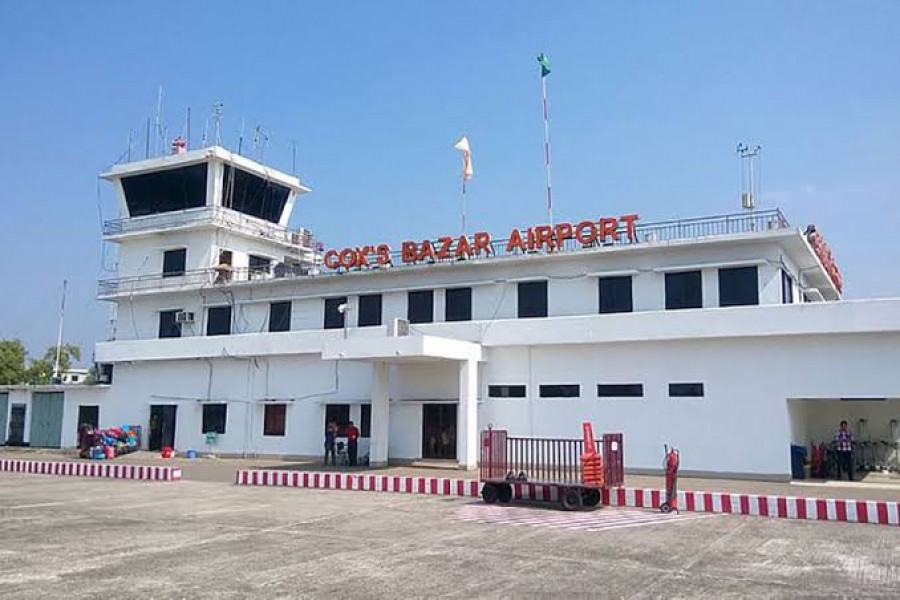A recent report relating to the Ministry of Civil Aviation and Tourism reveals a scam in the land acquisition for Cox's Bazar airport expansion. It cannot but worry people interested in development of tourism in the country. The report, the result of an enquiry, initiated by the ministry concerned found negligence on the part of the project director and at the same time inefficiency, corruption and monetary mismanagement by some other high-ups in the Civil Aviation Authority of Bangladesh (CAAB). The enquiry led by a high official of the ministry was carried out under the recent directive of the Prime Minister's to rid the country of corruption. One key element of the findings is that the money as compensation for land acquisition was not deposited with the Deputy Commissioner in time. It resulted in the expenditure rising by Tk 100 crores over time. It has also been alleged that the boundary wall was not constructed in a proper manner. This means the important question of security of the periphery of airport may have been compromised. Had the money been deposited in time, it would have saved half the money now needed to be spent as compensation. Such callous and irresponsible performance from the concerned people, some of them from the CAAB and among the locally powerful elements, cannot be condoned. It has been disclosed that the people involved connived with a section of the Land Acquisition (LA) office to delay payment so that the new rule allowing three times the original price is made available to them.
Cox's Bazaar airport's suitability as a tourism hub can hardly be overestimated. Being the doorway to the world's longest Sea-beach, this airport has drawn attention of successive governments for upgrading. There was a hindrance on the runway for proper expansion, because of a creek from the sea and the adjoining river. Now that problem has been solved with new technology being put in place. The airport is destined to be developed at par with Dhaka and Chittagong, being the fourth international airport in the country after Sylhet. The runway is now over nine thousand feet. And it is wider by fifty feet than previously. All these point to suitability of use by wide-bodied aircraft at this airport. This is a sin qua non for large flows of tourists from abroad, which is now only five per cent of the near one hundred thousand per year. About five hundred hotels and motels dot the place. China has pumped in more than USD200 million for various works here. The Sheikh Kamal Cricket Stadium in between all undertakings is a lung of sorts to the crowded city. That open space must be protected at any cost.
In the ultimate analysis, its adjoining beach can draw in foreign tourists as well as locals if only the airport is made of international standard. Besides the private sector hotels and motels, the government-owned ones need expansion and modernisation. The valuable land in its hands must be used judiciously. Overall, Cox's Bazar promises to be a tourist destination for foreigners, with north-east India, China and parts of Myanmar looking at it with interest. The expatriate Bangladeshis love this place; and mention it with pride. There should be no distraction from the desired goal for a qualitative advancement of the Cox's Bazar airport.


